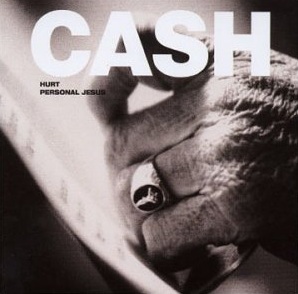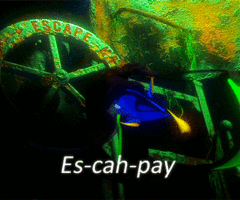
There’s a tradition in rock music of learning your favorite songs note for note and then playing them for money in a bar band. Freebird. Smoke on the Water. Johnny B. Goode. I learned ‘em all. Smoke was the one I liked playing best and these were the tip of the iceberg for me as a bass player learning my instrument. I loved Sting, Geddy Lee, Chris Squire, Paul McCartney and I tried to learn from all of them and more.
I learned a lot of songs. All the ‘standards’ of rock music. I got pretty good at playing the bass guitar in a number of different styles. I wasn’t on par with any of my heroes, but I was okay. Later, after years of playing I wrote songs and my bands played them. We even played them in popular venues alongside the covers. One band did a whole set of covers at an open mic night, closing with Werewolves of London much to the amusement and consternation of the hipsters in the audience. That was fun but it didn’t win us any fans. Didn’t matter.
As a writer of prose, that kind of ‘covering’ of someone else’s material is called plagiarism. It’s frowned upon.
So where do writers get the same kind of training and trials by fire as musicians?
Fan fiction is a start. And that got me wondering if there were professional ‘covers’ like Rob Zombie doing We’re an American Band or Johnny Cash doing Hurt and making it his own?
Stephen King covered himself by approaching the same story as himself and as his alter ego, Richard Bachman. (I preferred the Bachman story, by the way.) And retellings of origin stories are commonplace in comic books. Marvel Comics even relaunched their entire universe as Ultimates which spawned their current slate of very, very popular films. Essentially these are ‘covers’. So are remakes of films.
But the writer of prose doesn’t get to do this. Why? Wouldn’t it be interesting, say, to have an entire collection of short stories where various writers retell selected short stories of Ray Bradbury?
Probably not. See I think readers are more protective of their prose than any other artist or creator. Well maybe not as protective as the fine art world where those who ‘cover’ a painting are called forgers. Anyway, you see the point?
It’s impossible for writers of prose to learn in the same way that rock musicians do, except for fan fiction. Maybe. Can you think of a popular example in fan fiction?
How about Fifty Shades of Grey? Fan fiction cover. Completely.
There’s no begrudging here, there’s no sour grapes over any of this. I’m asking questions, looking for answers. I’m talking about the differences between the arts. Comedians are allowed impressions, actors channel other actors who’ve played the role before but writers aren’t supposed to cover stories that have inspired them. At least not in public.
Is that fair?
No, it isn’t. But that’s part of what makes writing so much fun, the challenges that we have to overcome to tell the story we want to tell.



